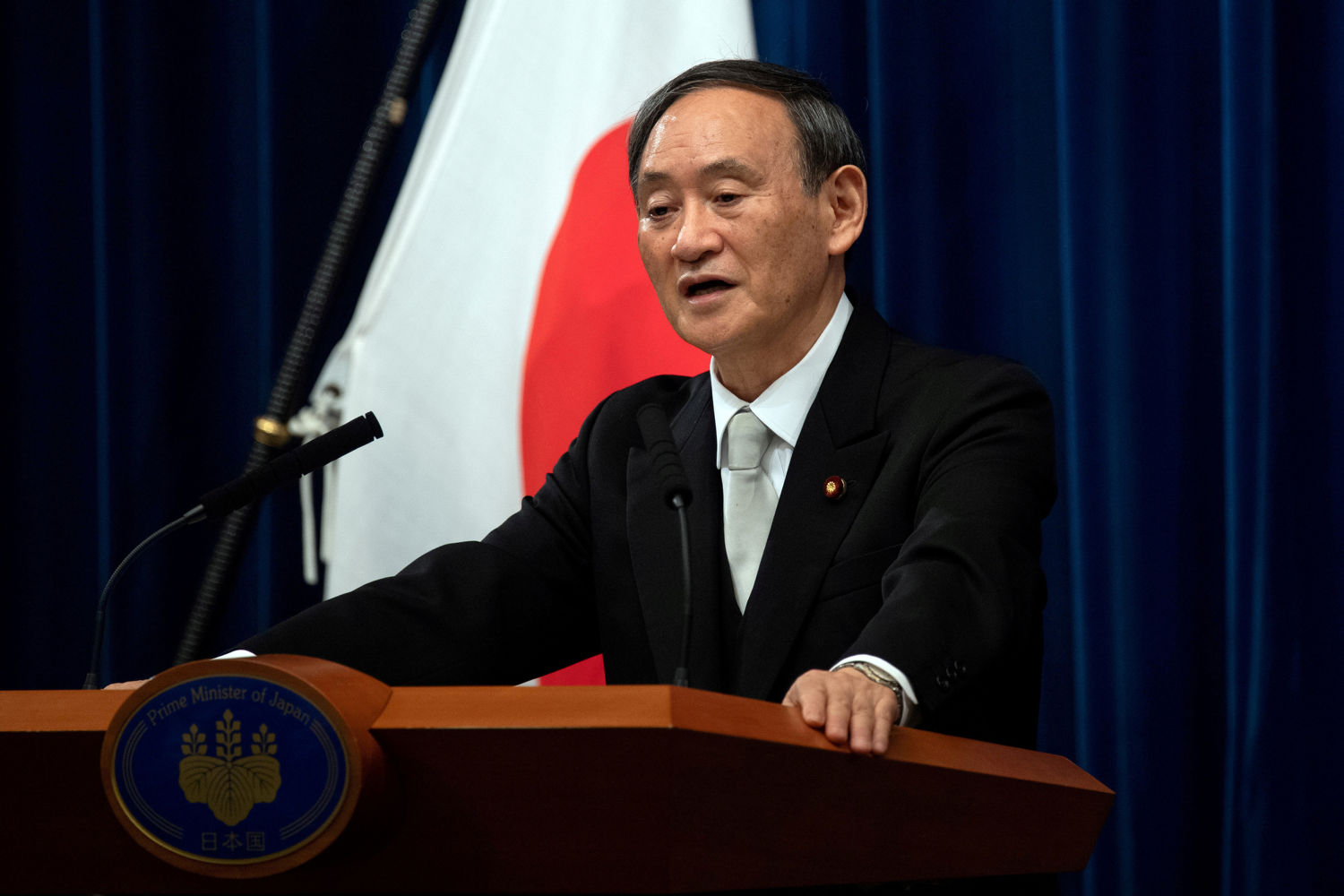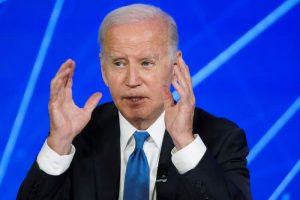(ATF) Japan’s cabinet approved on Monday a record $1.03 trillion budget draft for the next fiscal year starting in April 2021, the Ministry of Finance said, as the coronavirus and stimulus spending puts pressure on already dire public finances.
The 106.6 trillion yen annual budget, which is 4% larger than last year’s, includes record defence and welfare outlays. New debt makes up more than a third of revenue.
In Japan, fiscal reform has been shelved as Prime Minister Yoshihide Suga prioritised efforts to contain the pandemic and boost growth, despite public debt totalling more than twice the size of Japan’s $5 trillion economy.
“How to balance the coronavirus response with fiscal reform has hardly been debated in Japan,” said Izuru Kato, chief economist at Totan Research. “Ultra-low interest rates under the Bank of Japan’s prolonged monetary easing may have caused fiscal discipline to be paralysed.”
The BoJ has launched an overall review of its monetary policy for the first time since 2016 after the Covid-19 shock crushed hopes of achieving its 2 per cent inflation target.
“We are absolutely not looking for the exit from our existing monetary easing or seeking to weaken our monetary easing. Rather we want to examine whether we can ease even more effectively,” BoJ governor Haruhiko Kuroda said on Friday.
Slide towards deflation
Analysts did not expect a thorough review from the central bank. “Since the coming assessment will not be comprehensive, we believe the purpose will be to resolve problem areas in the present monetary easing framework,” said Koyama.
Expected to report in March 2021, the review will consider the potential for “further effective and sustainable monetary easing”, beyond the large-scale asset purchases and negative interest rates used since 2013 and 2016, respectively.
The decision to launch a review highlights the depth of the central bank’s concern over this year’s slide back towards deflation and its inability to achieve price stability. Japan’s consumer price index for November fell 0.9% year-on-year.
“The inflation downturn stemmed from the falloff in some items that had experienced a delayed consumption tax hike the previous November,” said Deutsche Bank Japan chief economist Kentaro Koyama. “The slump in fresh fruit and vegetable prices also exacerbated the decline in the overall index. We believe underlying inflation trends remain largely unchanged.”
The spending plan requires approval by parliament, which is expected early next year. It will be rolled out along with a third extra budget for this fiscal year as a combined 15-month budget to ease the virus pain and back Suga’s goal of achieving carbon neutrality and digital transformation.
The government’s fiscal 2021 primary budget deficit – excluding new bond sales and debt servicing – is seen at 20.4 trillion yen, more than double this year’s initial estimates, making the budget-balancing goal further elusive.
























